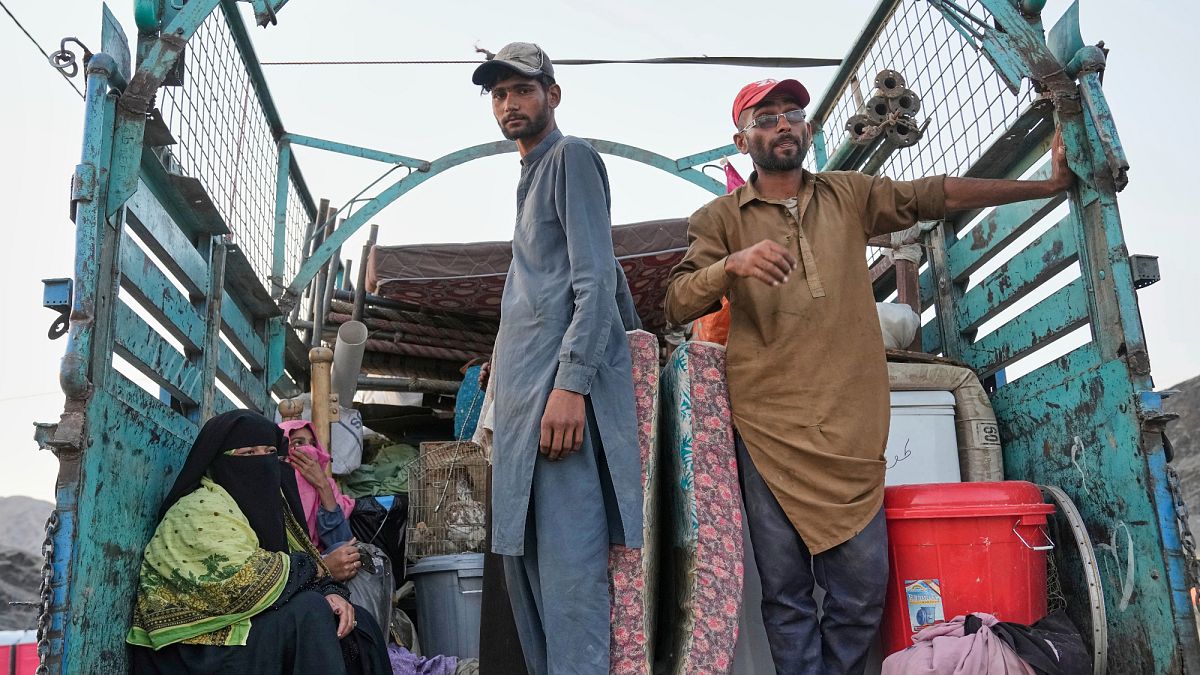Published on
Pakistan will consider extending the deadline for 1.4 million Afghan refugees living legally in the country to return home, officials said on Monday.
Any extension approved by the government would be a relief for those who were previously ordered to return to Afghanistan by 30 June, according to government and security officials.
A decision could come on Tuesday when the Cabinet is due to meet.
In 2023, Pakistan launched a controversial crackdown on foreigners it said were in the country illegally, mostly Afghan nationals.
Millions of Afghans have fled their homeland over the decades to escape war or poverty.
The officials, who spoke on condition of anonymity because they were not authorised to discuss the matter, said the proposed extension was to allow the refugees more time to settle their personal affairs in Pakistan, such as selling property or wrapping up business activities, before returning to Afghanistan in an orderly and dignified way.
A senior ministry official said the decision to submit the extension proposal was made last week. A summary regarding the fate of the Afghan refugees has been forwarded for inclusion in the Cabinet agenda.
The Interior Ministry, which has overseen the sweeping crackdown on Afghans, did not immediately comment.
There was no comment either from the Foreign Affairs Ministry, which previously said it expected Afghan authorities to create “conducive conditions” so that those returning were fully integrated into Afghan society.
Told to leave
Earlier this year, Pakistan said it wanted 3 million Afghans to leave the country, including 1.4 million people with Proof of Registration cards and some 800,000 with Afghan Citizen Cards.
There are a further 1 million Afghans in the country illegally because they have no paperwork, according to officials.
They said Pakistan’s Ministry of States and Frontier Regions submitted a proposal to the federal government recommending a six-month extension for Afghans with Proof of Registration cards.
Pakistan’s expulsion campaign has drawn strong criticism from the UN and rights groups.
The International Organisation for Migration (IOM) said on Monday that Afghanistan was not equipped to absorb such high numbers of returnees.
“Local systems are on the verge of collapse, threatening access to essential services for both returnees and host communities,” the UN agency added.
Human Rights Watch has accused authorities of arbitrarily detaining and forcibly deporting Afghans, many of whom they say, face harassment under the Taliban who seized power in Afghanistan in 2021.
On Saturday, the UN refugee agency said at least 1.2 million Afghans have been forced to return from Iran and Pakistan this year.
It warned that repatriations on a massive scale have the potential to destabilise the fragile situation in Afghanistan.

